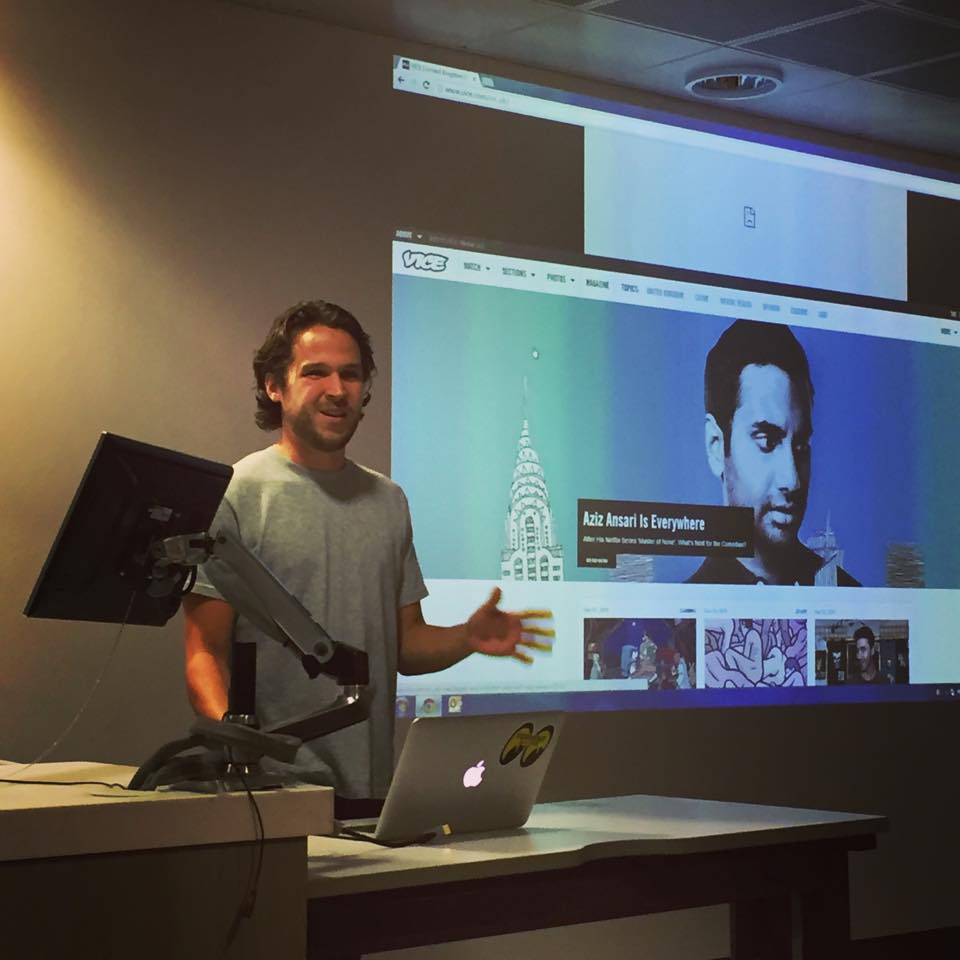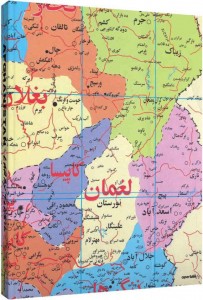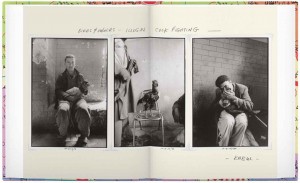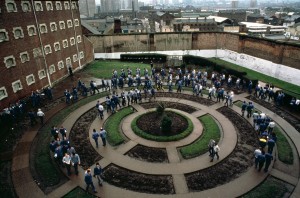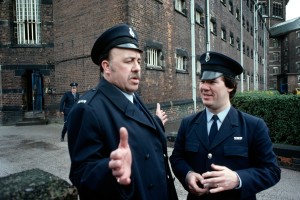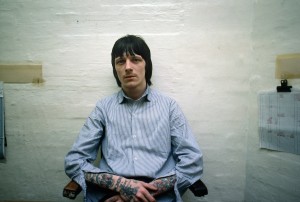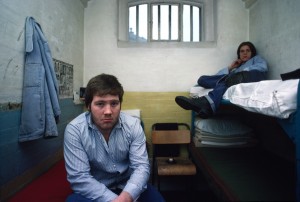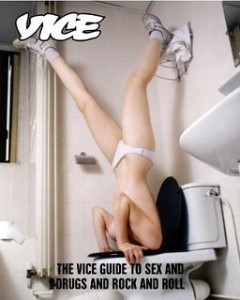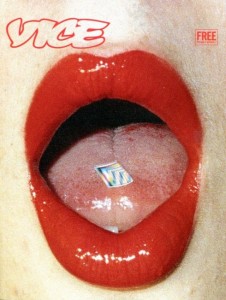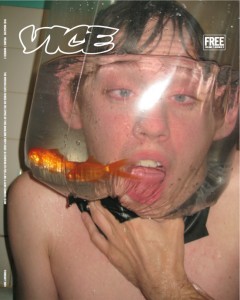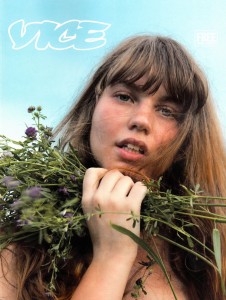Bruno Bayley, the editor of Vice UK magazine, spoke to Kingston journalism students about how the magazine is different to anything else in the industry, with its team of high-end photographers and journalists.
In his talk at Penryhn road, Kingston University, he said the magazine is “full of engaging and unique content with more honest stories than anywhere else, made specifically for its readers.”
Bayley studied classics and ancient history at Manchester before returning to London and taking a job as an editorial assistant at a B2B publication focused on finance and business. After a year writing about crisp manufacturers and industrial rejuvenation in Italy he managed to get a chance to work at Vice’s London office in 2007, doing anything that needed doing on the magazine.
Bayley has since become the editor of Vice UK magazine and manages all global print editions’ content. In his own time he has worked extensively on independent printing and publishing projects with authors – including a guide for first time prisoners in HMPs and a collection of short travel stories which won the 2012 PEN Ackerly travel award. He has judged national photo awards, including BJP’s single image category, Magnum Photos’ Graduate Photographer Award, and Amnesty International’s annual Media Awards.
In an exclusive interview with The River, the editor discussed the revolution of Vice as a company, his personal experiences when trying to make it in the industry, and how an aspiring journalist gets employed by Vice.
What would you say is your greatest achievement so far?
“Getting to the stage where I can work with photographers that I have looked up to my whole life. I’m now at a stage where I can work with them and commission them and that is something I never really thought I would do at Vice, or anywhere in fact.”
Who is your favourite journalist/writer?
“There are tons and tons of people I look up to. I am a terrible writer so I am impressed by anyone who can write well or engagingly. In terms of photography and photojournalists I would say Larry Towell. His book of Afghanistan is one of the most incredible things I have ever seen.”
Larry Towell, a veteran conflict reporter, spent two years photographing a variety of perspectives in Afghanistan during the Taliban insurgence and US/UK military intervention.
What would you say is the hardest part of the industry?
“There is a lot of competition for opportunities within the industry. It can be difficult to find what it is you specialise in. However, the silver lining is there are now so many places you can write – both online and print so you have a real chance to find what you are best at.”
What would you say is your favourite published story in Vice UK magazine and why?
“We recently ran some unpublished photos of Strangeways prison, Manchester, in the 80’s for our true crime issue. It was amazing. It was my favourite because I went to the Magnum photos office and went into their archives and found all these old photos in their slides, which we then scanned and they looked amazing in the magazine. We found the stuff that has been around for years and years but no one else had published yet. That gave the story a very specific rewarding feel. There is always a sense of reward in finding and commissioning something new, but if you find something that has just been laying around and no one has used, it’s amazing and has such a good feeling attached to the story.”
Chris Steele-Perkins’ 1980 project on Manchester’s infamous prison, Strangeways, which was published in Vice magazine’s true crime issue
What advice would you give to aspiring journalists?
“Always be willing to take on anything, in any section. Just do the best you can and show your editor you are prepared to do anything. I am not great at my job – I can’t spell and I can’t edit, but I really care about the magazine and people respect me for how much I care.”
What would you say is your motto?
“Always be helpful and polite.”
What is the most rewarding part of the industry?
“Personally, working in print specifically, the most rewarding part is every month when you get to see all your hard work solidified into an object. I love being able to show people the magazine. It’s a nicely tangible reflection on all the work you have done that month.”
Published copies of the Vice UK magazine
What do you like to do in your free time?
“I make model aeroplanes. I’m pretty good. I have always done it since I was little and it is just a nice way to chill out at the end of the day. I’m not at competition level…yet. It’s just a nice way to relax – you just put some music on and paint a little propeller for 40 minutes in detail. Really wild night, I know.”
What country would you most like to live in?
“I love London a lot, but it’s bumming me about a little bit at the moment. I’m thinking Wales, north Wales. I am half Welsh so it’s my favourite place. There is nothing to do there but it just looks beautiful and the people are nice.”
What are your future plans?
“I am really bad with future plans generally. Right now, I need to get Christmas presents as I haven’t got any for anyone. That’s genuinely what is at the back of my head all the time at the moment – the most depressing thing is I haven’t got my girlfriend or any of my family any presents. It’s distracting me quite a lot. On a more professional note, I just plan to carry on doing what I’m doing. I want to get better and better in terms of the magazine, photographers, and to get more people reading the magazine. Lots of people who look at the website everyday don’t realise we have a magazine, so I want people to be more aware of what we do in print.”

